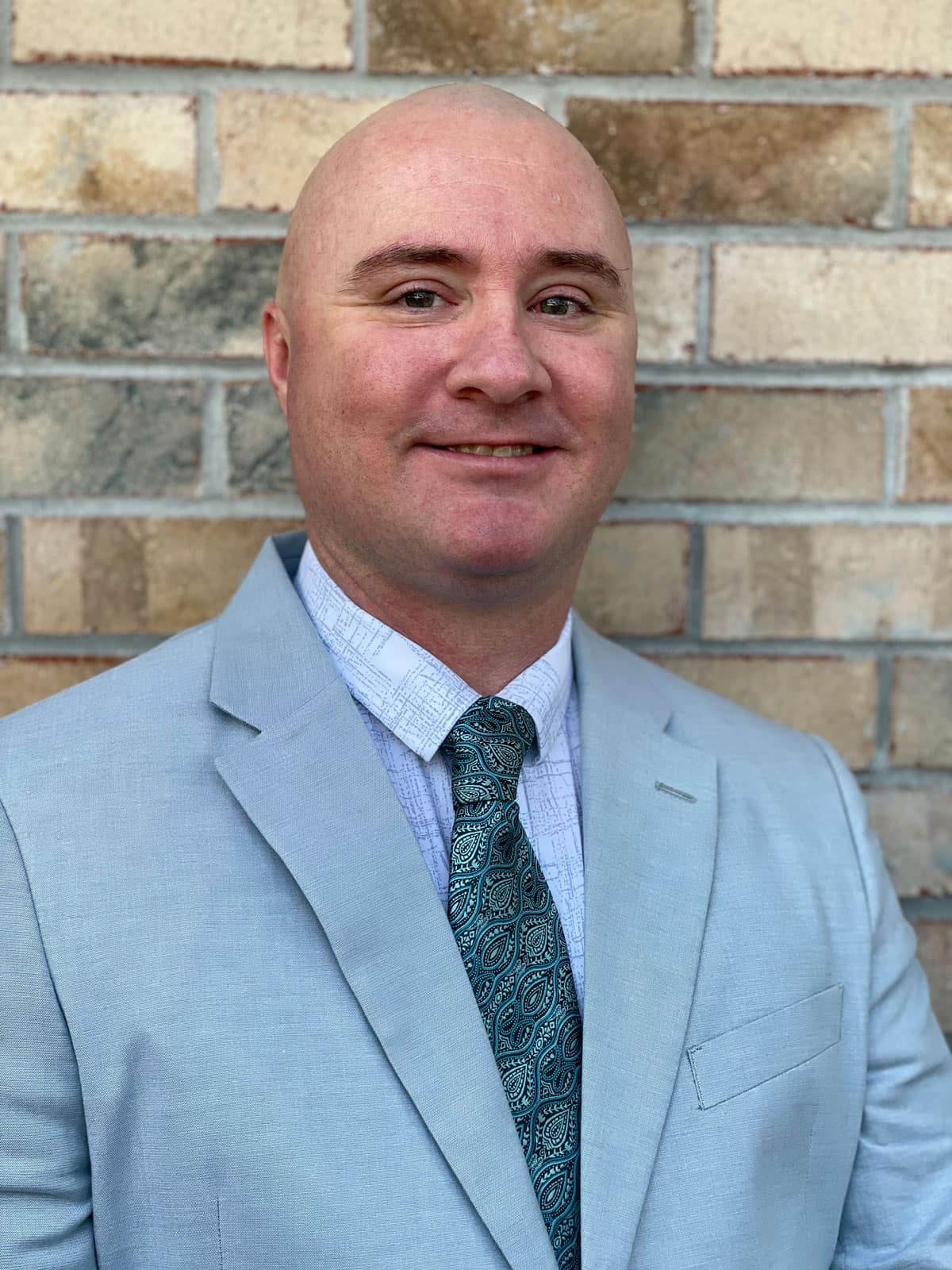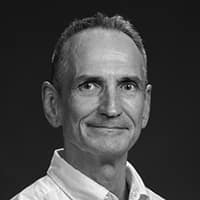Grad Student’s Journey to Success Shows How Mentors Can Make the Difference

Charlie Woods (’13, ’24) knows all about the value of having a guide on the road to success.
Thanks to being both a mentee and a mentor, the 38-year-old U.S. Air Force Captain is now well on his way to completing his M.S. in Project Management at Embry-Riddle Aeronautical University’s Worldwide College of Business, a graduate degree that will complement the B.S. in Aeronautics he earned from Worldwide in 2013.
Charlie’s record of academic accomplishments—which also include A.S. degrees in Avionics Systems Technology and Instructor of Technology & Military Science—is mirrored by his success in serving the country. He is currently an MQ-9 Reaper Evaluator Pilot and the Wing Executive Officer for the First Special Operations Wing, the flagship wing of the Air Force Special Operations Command based at Hurlburt Field near Fort Walton Beach, Florida.
“My experience is broad, but the success I've found throughout my personal and professional life are a direct reflection of mentors who've poured into me over the years,” Charlie said. “My legacy will be watching those that come behind me find success.”
What Makes a Great Mentor?
January marks National Mentoring Month, and the roles of coaches and counselors are recognized and celebrated. For Charlie, his own experience demonstrates the importance of good direction.
After growing up in Millen, Georgia, Charlie joined the Air Force at age 21 and became an Electronic Warfare Systems Apprentice at Moody Air Force Base near Valdosta. It was there he had his first mentor experience thanks to a supervisor, Maj. Aaron Gordon, who at the time was a Staff Sergeant. Aaron, who had graduated from Embry-Riddle with a B.S. in Aeronautics in 2010, knew the value of a great education and made sa point to let Charlie know it, too.
“He led me to the base education office, where he not only helped me sign up for my first college course with Embry-Riddle, but he also enrolled in the course with me,” Charlie said.
That was the initial step into higher education, and it paid off big by enabling Charlie to sharpen his skills as a leader and prior-enlisted officer “working the flightline maintaining electronic warfare systems on HH-60 and C-130 aircraft, to teaching theory in the classroom.”
What Makes a Great Mentee?
Charlie’s positive experience with Aaron, which helped mold his own behavior when he became a mentor to others later on, also provided another vital lesson: You must be able to accept the guidance of others and you must remain open to new ideas.
“If you have a person who matters give you tough feedback, I believe they're doing it to help you be better. They care. If they didn't, they wouldn't invest their time to give you the feedback in the first place. If you want to become the best version of yourself, take the coaching,” Charlie advised.
Why Choose a Master’s in Project Management at Embry-Riddle?
Mentors and coaches helped inspire the pursuit of an advanced degree in Project Management, an effort that involves a major commitment of time for Charlie, who is still enjoying a stellar military career in addition to raising three kids (ages 8, 9 and 10) with his wife of 12 years.
But he believes today’s investment will result in opportunities down the road, and his choice of degree programs was based on some of the high points of his military service.
“I enjoy working in a dynamic environment, with diverse teams all working towards a common goal,” Charlie said. “It's something I'm fortunate to get to do every day, and I believe once my military service comes to an end, the master’s degree will help me successfully transition into the civilian sector where I hope to find a similar workplace environment.”
How an Embry-Riddle Education Works in the Real World
Beyond helping assure a brighter future, Charlie has found the lessons from his current classes also apply to the here and now and help him in ways he never imagined.
“There's three areas where I've seen extreme personal growth,” he said. “I'm much more ‘digitally organized’ as I've always been one to take notes with pen and paper, but I now organize my notes digitally, and utilize Microsoft Office 365 to ensure I've got unlimited access to my coursework whether it's on my laptop, iPad or phone. I'm also much more proficient in Microsoft Excel. These classes have highlighted capabilities in the software I had no idea about. Whether we're calculating probability or performing Monte Carlo simulations, there's so much that these courses have opened my eyes to.”
Another huge takeaway for Charlie has been a new approach to gathering evidence, assessing options and reaching conclusions.
“I don't believe I'll ever make a decision the same way again,” he said. “There's so much that goes into decision making, whether we realize it or not. There are reasons that we make the decisions we do, there's information we need to make decisions, there's noise and bias and so many things. I'm much stronger at unpacking necessary information to make better decisions thanks to the coursework, specifically the ‘Strategic Decision-Making for Leaders’ course.”
From the support he’s received along the way to classroom lessons that are having impact today and opening doors for tomorrow, Charlie believes that Embry-Riddle has been the perfect landing spot for him.
“Embry-Riddle reshaped a future I didn't know I had in front of me,” Charlie said. “I'm the first college graduate in my family and will soon hold the first graduate degree. It's not always been easy, and there's certainly a lesson in time management, but at the end of the day, the benefits of education far outweigh the costs, and I'm proud to be able to set the example for my children to follow.”
How will you reshape your future? Apply at Embry-Riddle today and find out.

 Jon O'Neill
Jon O'Neill